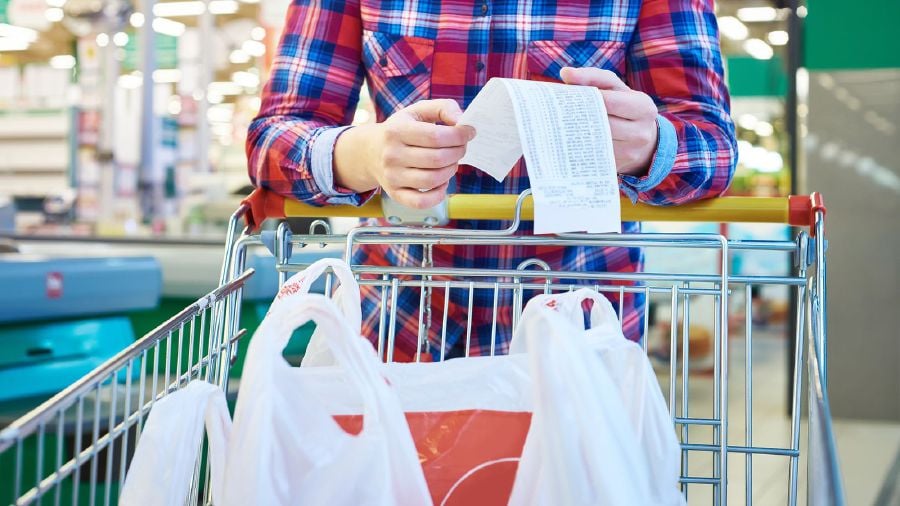KUALA LUMPUR: The government should reintroduce the goods and services tax (GST) with some tweaks after prioritising the national agenda to widen Malaysia's revenue base.
But imposing capital gains tax (CGT) amid slowing economy and rising living costs is not a good idea for now, economists said.
Economy Minister Rafizi Ramli today said the government was mulling reintroducing the GST and rolling out CGT next year.
Rafizi said the government was open to look at different ways to achieve fiscal sustainability through a wider revenue base and likely in different forms of tax scheme whether direct or indirect.
To be able to identify the best tax reform, a full assessment of revenue and spending is pivotal for the 2024 Budget in the effort to cut wastage, leakages and corruption.
The assessment also allows the government to change focus of spending in order to look for a more efficient allocation and priority mechanism.
CME chief executive officer Carmelo Ferlito said GST was more effective in terms of implementation from the business side and collection by the government.
"Being a fiscal credit for purchasers at each stage except the last one, it presented a lighter effect on final prices. Our proposal, therefore, goes in the direction of re-introducing GST but with some differences," he said.
The government, he said, should consider delaying the introduction of CGT until after the economy has shown stronger signals of economic recovery for the long term.
Instead of focusing on the CGT, the government is urged to focus on introducing a progressive GST alongside a revised income tax first.
Ferlito suggested a reformed income tax to balance the introduction of the GST particulars.
Malaysia University of Science and Technology economist Dr Geoffrey Williams, meanwhile, said nothing has changed in the fiscal position that would suggest any need to introduce the GST or CGT next year.
"Looking for non-tax income such as the Petronas royalty is also an option that can reduce the need for higher taxes.
"Once this is done there may be no need to change the tax system to widen the tax base," he said.
As for GST, the cost of its implementation will be passed to consumers and may trigger higher inflation, Williams said.
This will prompt the government to help the low income group and at this juncture, there is no such system in place to facilitate the after effect.
"GST is a regressive tax that hits everyone from the rich to the poor, and it will especially increase the tax burden on low-income groups."
Williams warns that the idea to have exemptions or zero-rated products creates market distortions that will harm many businesses.
"The rate at which the GST should be set has not been properly assessed and advocates of GST are just guessing at possible rates that might be acceptable and are pushing for low rates to begin with.
"The previous refund mechanism was also very ineffective and put a heavy cost on businesses who are responsible for collecting the tax," he said.





